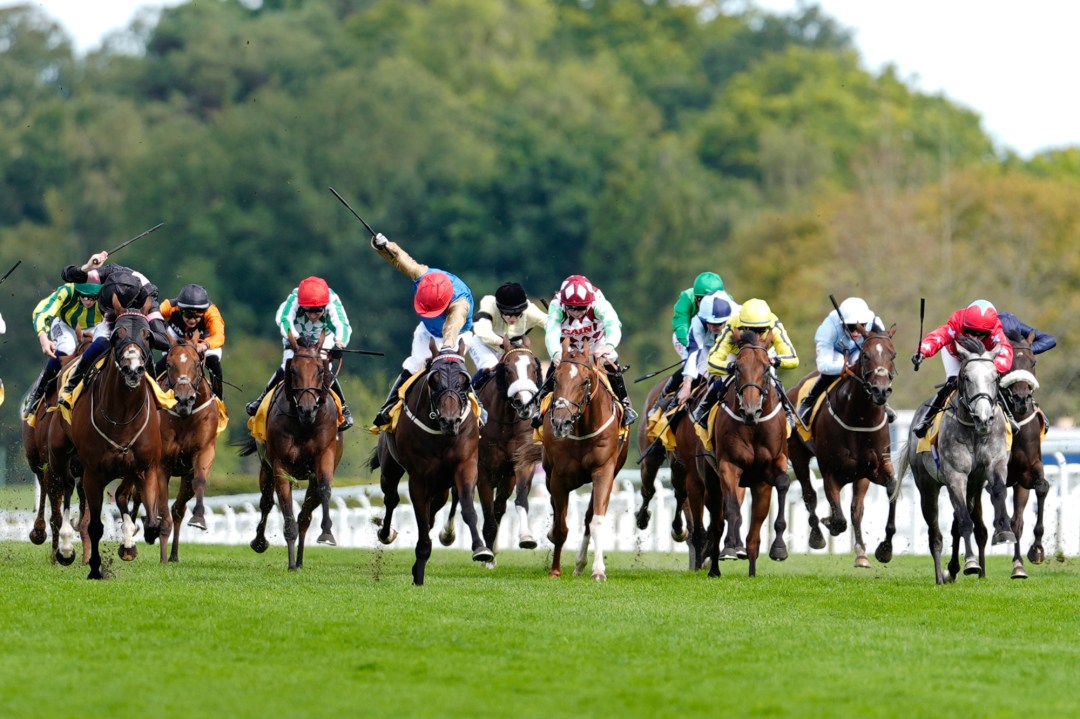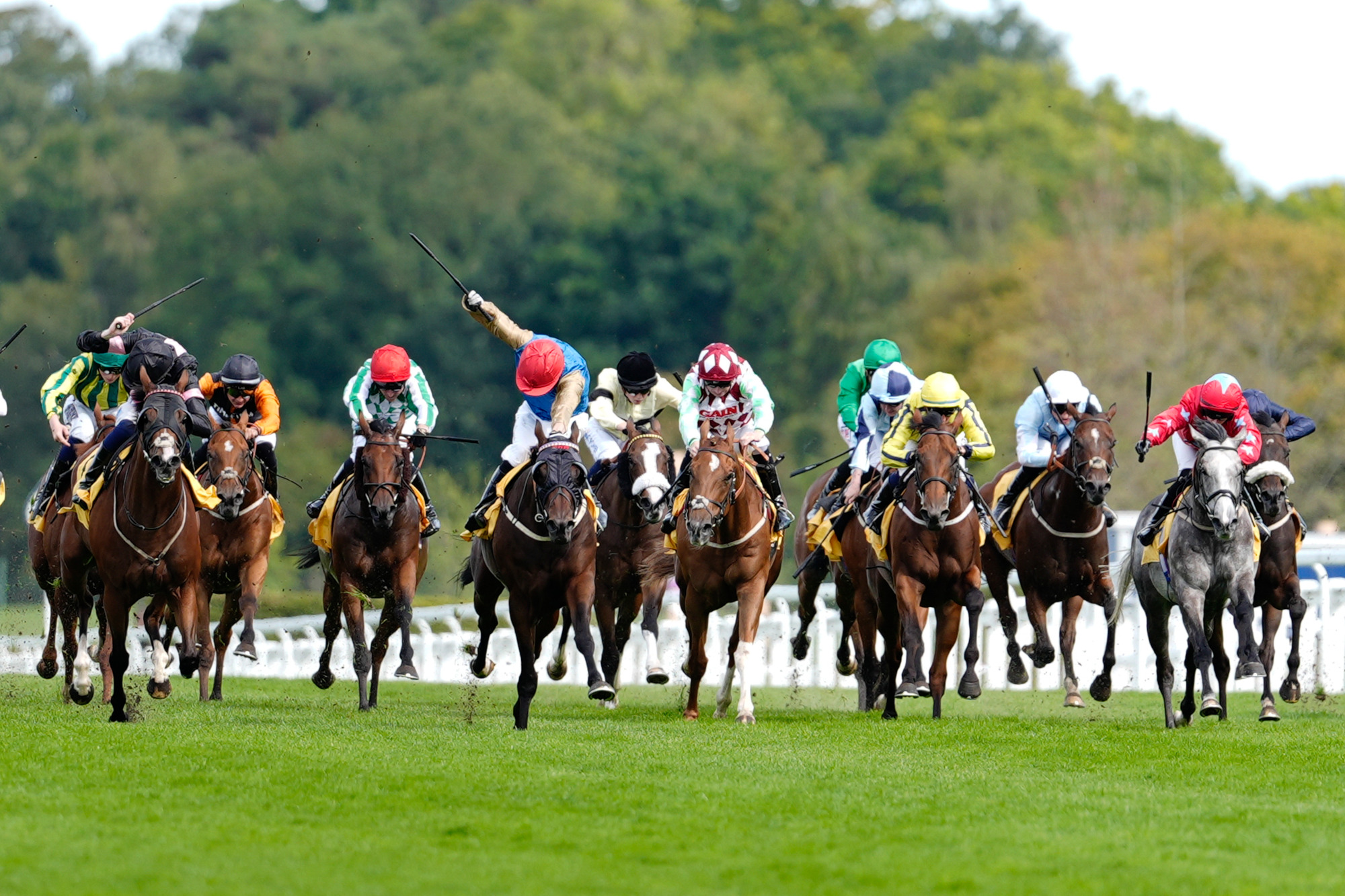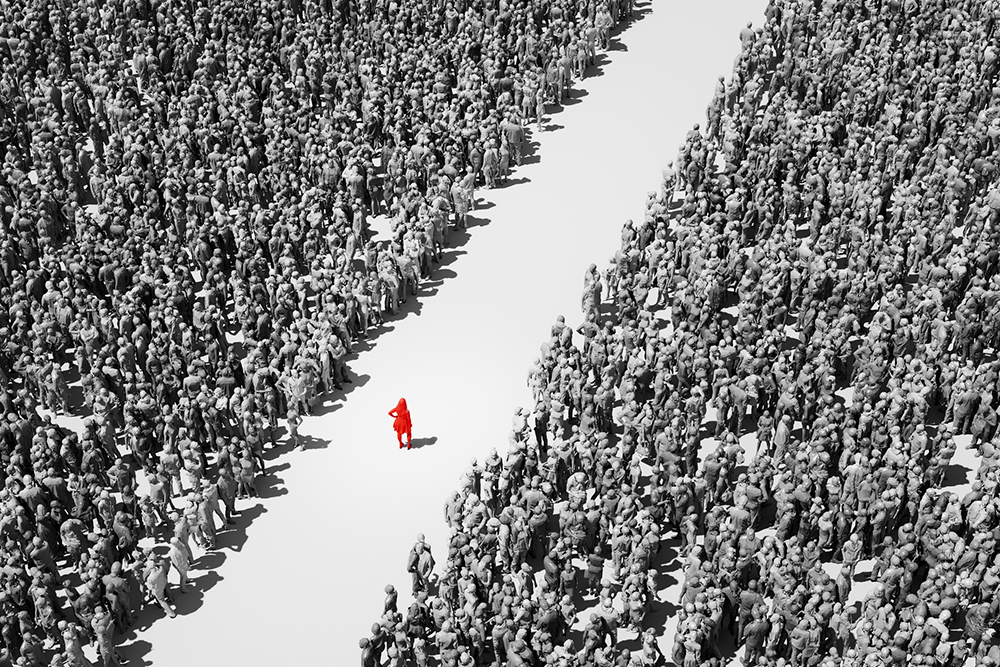Horse racing is a notoriously factional sport. The interests of owners and trainers, for example, are quite different from those of racecourses and administrators. Even for those not in the saddle, the chafing can be painful. But on Wednesday, this dysfunctional family will unite to go on strike for the first time in the sport’s history. Scheduled meetings at Carlisle, Kempton, Lingfield and Uttoxeter will not go ahead: no horses, no jockeys, no bookmakers, no punters. Racing is shutting its doors.
Walk into any high street bookmaker and watch the desperate and the vulnerable feeding coins into the flashing maws of these machines; it has nothing in common with betting on horses. To tax both at the same rate is an insult
This unprecedented action, which is expected to cost the sport £200,000, is an exasperated response to Treasury proposals to increase the rate of tax paid by bookmakers on horse racing bets. Bookmakers currently pay a 15 per cent tax on horse racing bets; the Treasury is threatening to use the autumn Budget to raise this to 21 per cent, the same rate paid on online games and casinos.
Fair enough? Not at all. To ‘harmonise’ the rate of tax paid on both racing bets and online casino games such as roulette is to totally misunderstand the point – the joy – of punting on horses. Betting on horses is a game of skill: study the form, analyse the bloodlines, weigh up the draw, then make a bet. If you’re shrewder than the bookies, you stand to make a tidy profit (as indeed The Spectator’s tipster, Penworthy, has done this season).
Now compare this to betting on fixed-odds betting terminals. The clue is in the name: no amount of mathematical wizardry will affect your chances of winning. Walk into any high street bookmaker and watch the desperate and the vulnerable feeding coins into the flashing maws of these machines; it has nothing in common with betting on horses. To tax both at the same rate is an insult.
But this is much bigger than betting slips or profit and loss. The proposed tax rise would force horse racing into an existential fight for its future. The sport is funded, in part, by a levy: a percentage of money taken by bookmakers is paid back into the racing industry. If those bookmakers are required to pay more tax on racing bets, their incentive to promote horse racing is diminished – and with it the levy.
So be under no illusions: this is about the future of a sport (the second most-watched in the UK) that employs many thousands of people, from stable lads and farriers to equine vets and broadcasters. The British Horseracing Authority (BHA) estimates that 2,750 jobs are at risk from this tax rise and that the sport will take a £330 million hit over five years.
Just listen to Sarah Guest, a yard manager in Gloucestershire: ‘I love what I do, but if the industry starts shrinking, it will be stable staff like me who will feel it first. It’s a genuine worry, and the government needs to understand this is going to have a significant impact on everyone working in racing – not just the betting companies.’
And it is about respecting a pursuit that transcends class and unites rich and poor. It is about safeguarding the countryside. It is about community and history. In short, it is about all the things Rachel Reeves seems to hate.
As Brant Dunshea, chief executive of the BHA, said on Monday: ‘Racecourses are often the focal point of local towns and communities across the country, as are the training facilities, the studs and breeding facilities. British racing is woven into our national fabric. And for those reasons, for all the social benefits that we bring to the nation, we should be treated differently.’
An eerie quiet will descend on racing stables across the UK on Wednesday. It is dismal that a short-sighted tax raid by a desperate Chancellor could, for many people in the racing industry, turn a one-day strike into a permanent, tragic state of affairs.








Comments